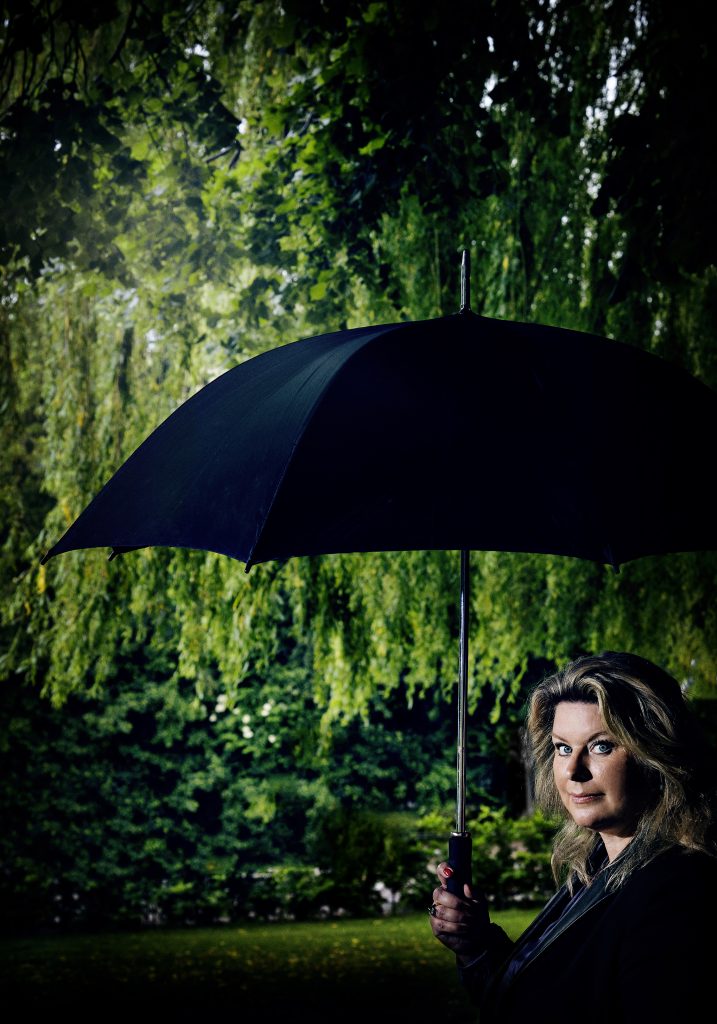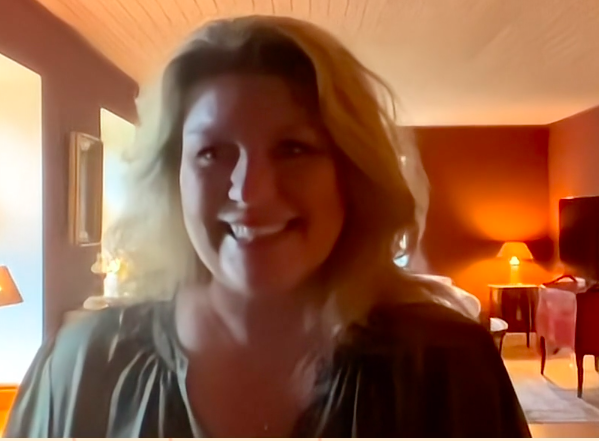Every other Sunday, CEO Susanne Skov Diemer will share her insights to crisis preparedness with sneak peeks into her two preparedness books.
The objective is understanding misunderstandings, create awareness of unawareness and for unpreparedness to become preparedness. We hope to encourage you to be better prepared “if tomorrow’s world does not look the way it does today”.
Duty of care
From country to country, the responsibility and level of national preparedness varies.
In our experience, it benefits companies and organizations significantly to include staff preparedness to their “duty of care” program.
By encouraging employees to take responsibility for their private preparedness and enabling them to take themselves out of the equation when a crisis, emergency or disaster occurs, the country’s national emergency services can focus on the people
who needs them the most.
Duty to prepare
There really is no better return of investment than preparedness. How invested are you? Prepared or not, now is the time. A crisis is immune to boarders, time management, and turnover. With the world facing wars, natural disasters, energy and environmental crises, threats and attacks on infrastructure, cyber warfare etc., we are faced with the question how worried we should be. The real question might just be – how prepared are we? And as we face crisis upon crisis – what can we do? A crisis is a joint venture, where we all play a part and share responsibility – and the duty to prepare.




